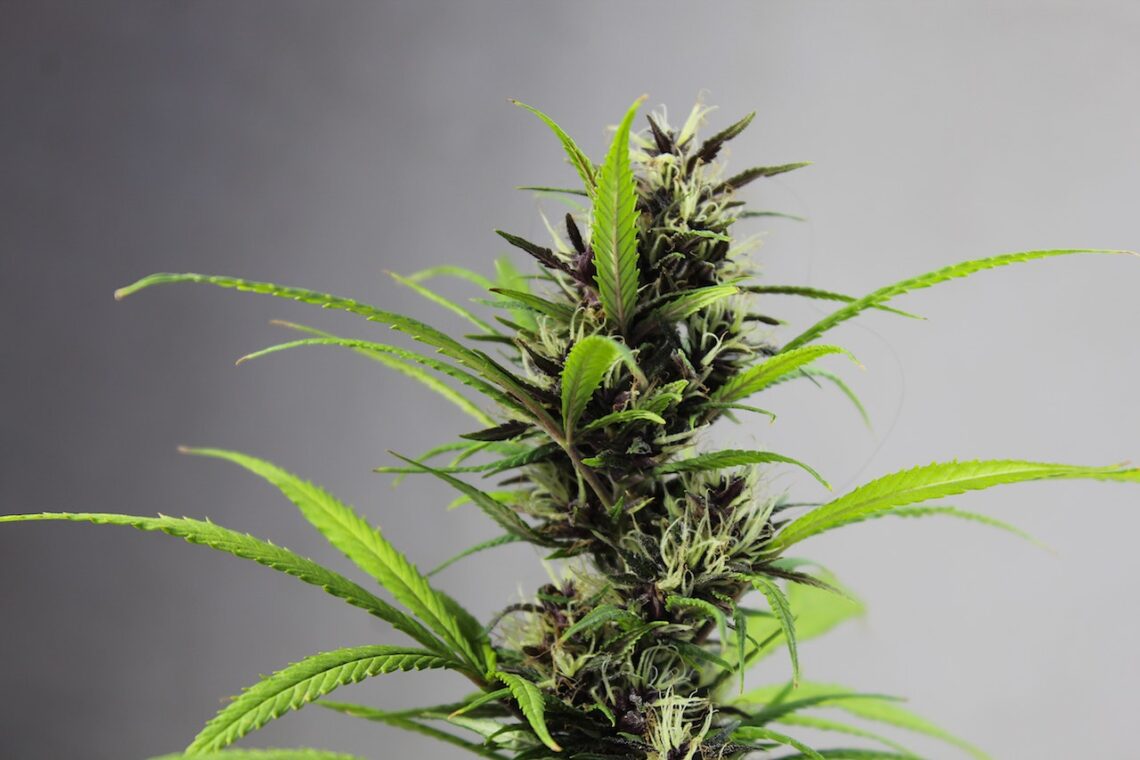
A Guide to CBD Safety
Whenever you’re dealing with horticulture, you have to be careful. There are plants within the same family that produce very strong toxins or very beneficial nutrients. Plants are little chemical factories, and we need safety tips to deal with them.
Most of the basis for our medicines derives from chemicals in plants. Foremost among these are infamous opioids, which are from the poppy plant. We know very well what safety issues come from that group of chemicals.
The Cannabaceae family gives us hemp (which the Declaration of Independence is written on), hops (a vital ingredient of beer), and hackberries (a 500,000-year-old favorite of Peking Man).
Is CBD as innocent as it seems? What kind of safety tips should you follow with CBD? Keep reading to find out if it really is as harmless as it sounds, and what you can do to stay safe.
Safety Tips for Pharmaceuticals
It’s not always as plain and logical as you might think when it comes to pharmaceutical interactions. It only takes a moment to double-check and it’s better safe than sorry. This is also true in the case of cannabinoids or CBD.
This is because CBD uses enzymes in the CYP450 family of enzymes to metabolize. Many drugs also do and obviously interact with CBD. However, others don’t use it but do inhibit the enzymes needed to metabolize CBD.
A shortlist of drugs to be wary of are:
- Xanax (benzodiazepines)
- Metformin (diabetes)
- Statins (cholesterol)
- Amlodipine (cardiovascular)
- Metoprolol (betablockers)
It’s hard to know exactly what will happen when it comes to drug interaction. Knowing before you “give it a try and see what happens” is always the safer course. Dig deeper to find out what drugs should not be taken with CBD and why.
The long and short of it is this: CBD isn’t the problem, it’s the pharmaceuticals that interact with it. CBD doesn’t seem to have any serious side effects. But when pharmaceuticals get involved, their side effects seem to amplify in certain cases.
Side Effects and Concerns with CBD
CBD doesn’t seem to have any side effects that seem dangerous in themselves. There are some safety tips to take into consideration, though.
What side effects are common in CBD?
- Gastrointestinal issues
- Drowsiness
- Dry Mouth
- Nausea
Dry Mouth and Gastrointestinal Problems
Dry mouth isn’t as common with CBD as it is with THC, the main ingredient in people’s use of marijuana. However, “cottonmouth” as it is commonly called, or xerostomia by doctors, could come from a decrease in saliva production.
It isn’t only the mouth that gets affected since eye dryness could also be an issue in extreme cases. This means it may affect salivary glands, or mucosa in general, that have CB1 and CB2 receptors.
This proves interesting when discussing issues with the gastrointestinal tract as well. Why is that?
Almost all of your intestinal tract is a giant mucosal membrane. If CBD alters the function (temporarily) of mucosa in your body, it could cause issues if it’s taken too often or at too high of a dosage.
Another issue often stated is liver problems. However, new research indicates that there are no issues with the liver and CBD usage. Until the full report gets published in a peer-reviewed journal and they do more investigation, it might be good to follow recommendations to avoid those issues.
In either case, diarrhea is a common mild side effect of CBD usage.
Drowsiness Is a Major Benefit or a Major Side Effect
Another possible side effect is drowsiness. It is possible you would use it as a benefit, though. CBD does have a habit of temporarily lowering blood pressure as anxiety goes down. This could be one reason for drowsiness.
Whatever the case, if you’re driving, operating heavy machinery, or need to be attentive to an important task, it may be better to take CBD after you do that task. This is true in any situation where personal safety or the lives of others is at stake.
When you’re driving, you need all attention on the road at all times. It’s not a time to be fighting drowsiness. In fact, drowsy driving accounted for at least 72,000 crashes and 800 deaths in 2013.
Don’t be one of the 4% of Americans that admit to falling asleep behind the wheel in the past 30 days.
Safety Tips for CBD in General
Number one on the list is: get enough sleep.
Sleep deprivation is one of the leading causes of anxiety or operating heavy machinery or driving while drowsy.
Taking CBD at the right time can lower your anxiety enough to get good sleep at night. This contributes to being more wakeful and less anxious later. In fact, if you get good sleep the next time you take CBD you might only feel relaxation instead of drowsiness.
To avoid potential liver issues, be kind to your liver by not mixing CBD and medications that get metabolized by the liver. Yes, that also includes not taking alcohol. Alcohol is one of the most difficult things that cause your liver’s job to go into overtime.
That constant stress on your liver could cause the development of a fatty liver. Again, sleeping well and being kind to this organ could be your best safety tip.
When it comes to medications and CBD, one of the best things you can do is to avoid using them at the same time and give your medications a wide berth. That is, give it plenty of time to metabolize before taking CBD. Many medications have a schedule and that should be the priority.
Make sure to always consult with your doctor when medications are concerned.
To avoid digestive issues, cottonmouth, and nausea, it could be helpful to find out what dosage gives you those issues and step down the dosage until they go away.
Your CBD Safety Tips: Explained
When it comes to safety tips for CBD you should have a pretty good grasp by now. We live in an instant gratification society, but there are the right times and places to do things. This is also true with CBD.
Take CBD moderately, at the right times, with the right foods or medications and most of your potential CBD issues will be avoided. Avoiding taking it at the wrong time will solve 90% of any potential problems right off the bat.
Want more info about hemp products, the history of the cannabaceae family, or what it can do for you and your health? Keep browsing our articles for the best advice and information on the net!
You May Also Like

3 Things to Look for in Feeding Your Family
August 8, 2020
CBD Tincture vs Oil: Which One Works Better for Intimacy?
March 4, 2022

